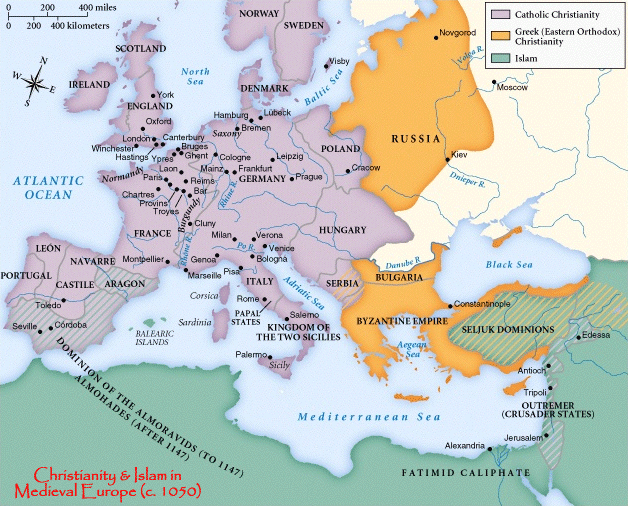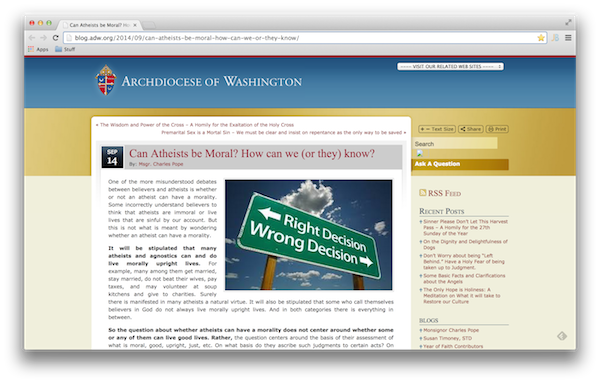Sunday School: The Four Levels of Happiness
“Being human is a cultural event. No one is human by themselves and no one becomes human without the help of those around them… To learn to be a human is to live in a tradition… We must learn and be formed by the Tradition of the Spirit in the ethos of Christ’s self-sacrificing way of life.“ – Source
We are born into the family of humans inhabiting a great story of love and redemption. God himself came and lived amongst us and by uniting with our nature conquered death through his Holy Resurrection. The Christian life is one of transformation. When you were baptized and Chrismated, you were united to Christ and transformed into a new person. God is present to us in the Sacred Mysteries where we celebrate this new life with those past, present and future. It is a beautiful gift to live within a tradition as rich as the one we have all been blessed to receive. We will attempt to explore in some small ways how you too can better understand and live this tradition. Within it is a great storehouse of wisdom to draw upon so that we may live a rich life regardless of the assaults and challenges we face.
“Everything you do, all your work, can contribute towards your salvation. It depends on you, on the way you do it. History is replete with monks who became great saints while working in the kitchen or washing sheets. The way of salvation consists in working without passion, in prayer.” – Elder Sophrony of Essex
Levels of Happiness
We desire perfect love, perfect truth, perfect justice, perfect unity, perfect beauty. Fr. Robert Spitzer, SJ created a system enumerating 4 levels of happiness to help guide us in discerning our actions and thoughts in light of these truths.
Level 1 – Happiness derived from material objects and the pleasures they can provide. This is the most basic level of happiness, and it can come from eating fine chocolate, driving a sports car, a cool swim on a hot day, or other forms of physical gratification. Level 1 happiness is good but limited. The pleasure it provides is immediate but short-lived and intermittent. It is also shallow; it requires no reflection, and it doesn’t extend beyond the self in any meaningful way.
Level 2 – Happiness derived from personal achievement and ego gratification. You feel Level 2 happiness when people praise you; when they acknowledge your popularity and authority; when you win in sports or advance in your career. Level 2 happiness is usually comparative because the ego measures success in terms of advantage over others. You’re happy when you’re seen as smarter, more attractive, or more important than others, and you’re unhappy when you lose the comparison game. Level 2 happiness is short-term and tenuous. You can be happy that you won today, and then anxious you might lose tomorrow. Level 2 is not inherently bad because we all need success, self-esteem, and respect to accomplish good things in life. But when Level 2 happiness – self-promotion – becomes your only goal, it leads to selfabsorption, jealousy, fear of failure, contempt, isolation, and cynicism.
Level 3 – Happiness derived from doing good for others and making the world a better place. Level 3 happiness is more enduring because it is directed toward the human desire for love, truth, goodness, beauty, and unity. It is capable of inspiring great achievements because it unites people in pursuit of the common good, whereas Level 2 happiness divides people. Level 3 is empathetic, not self-absorbed, and it looks for the good in others, not their flaws. It sees life as an opportunity and an adventure, not an endless series of problems to overcome. Because people have limits, Level 3 happiness also has its limits. None of us are perfect, so we can’t find perfect fulfillment in other people.
Level 4 – Ultimate, perfect happiness. When others fall short of our ideals, or we fall short ourselves, we’re disappointed. This disappointment points to a universal human longing for transcendence and perfection. We don’t merely desire love, truth, goodness, beauty, and unity; we want all of these things in their ultimate, perfect, never-ending form. All people have this desire for ultimacy, which psychologists call a desire for transcendence – a sense of connection to the larger universe. Some express this desire through spirituality and religious faith. Others express the same longing through philosophy, through art, or through scientific efforts to solve the mysteries of life and the universe.
What path will you choose? What can we know? What should we know? When challenged, how will you respond? Why do you believe? Why are you a Christian? What does Christ mean to you today? What should you know, think or believe? We will attempt to answer some of these in ways which are comprehensible and actionable.





